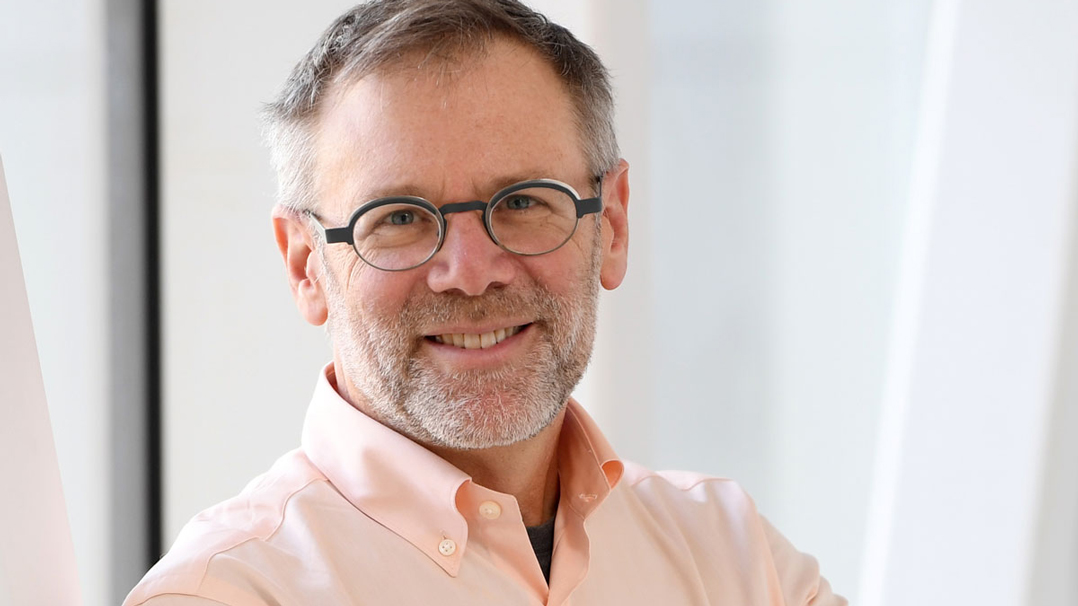Dr. Michael Ungar, director of the Resilience Research Centre at Dalhousie University, recently sat down with Cigna’s Robin Southgate, product strategy lead for Cigna’s Employee Assistance...

Dr. Michael Ungar, director of the Resilience Research Centre at Dalhousie University, recently sat down with Cigna’s Robin Southgate, product strategy lead for Cigna’s Employee Assistance Program, to discuss how to be resilient this holiday season. In the interview, Ungar explained the building blocks of resilience and how individuals can be more intentional and feel more connected this time of year.
Why is resilience more important now than ever before?
Resilience is generally understood as our ability to find and use all of the individual, social and institutional resources to help us cope under stress. With many of our day-to-day routines having been changed by the pandemic, building resilience has taken on greater significance as an important skill to help get us through these uncertain times. Our resilience is really about finding internal resources -- our strengths -- but also to being adaptable in environments, being able to change and make those environments as good as possible to bring out our best and boldest selves.
What is foundational in building greater resilience?
The best way to grow resilience is to acquire as many of the ‘pillars’ and ‘processes’ as possible. We categorize the ‘pillars’ of resilience as awareness and self-reflection; personal skills that strengthen one’s identity; control over one’s life and fair treatment of others; and lastly, physical and mental health. The three ‘processes’ are living in diverse communities with abundant social support; experiencing safe spaces and stress-relief activities; and daily practices that include personal routines and access to health care.
How do people go about building resilience, especially this time of year?
There are many ways. For instance, our research has shown the importance of maintaining daily practices and routines. However, maintaining these routines around the holidays – having the same dinner that we’ve traditionally had with the family – is difficult when we have to socially isolate. This is putting a great deal of stress on many of us, because our world seems less predictable.
Resilience tells us the more we put that predictability back in, the more we have those same routines, or at least find substitutes, the better we will feel. The more we take a pause and show some gratitude for the things that are going well – bringing in self-awareness – the more likely we are to get through this period and indeed the coming holidays, rather than feeling like we've lost something. Maybe it's an opportunity to reflect and, in fact, still feel whole and connected.
How can we maintain connections during the holidays, especially this year when we’re unable to visit with friends and family?
We have to be intentional. Continuing to build meaningful social connections – ideally nurturing a diverse set of relationships with friends, family, coworkers and others – is important to overall well-being during this uncertain time. Making time to reach out through video, digital or social platforms to socialize, is really vital to feeling connected. For instance, this could be making sure that kids are in contact with their grandparents, who are particularly vulnerable to the virus, or having extended families plan to cook the same meal, and connect through video chat.
It's not just about changing our mindsets, it's about changing the world around us so that we have opportunities to feel whole and to become our best selves. As we come into the holidays, it’s critical that we not feel like everything is going wrong, but to take a moment of gratitude for some of the things that we're doing great.
There are simple steps that anyone can take to develop and increase their resilience. Watch this short video to learn how to G.R.O.W. through challenges and build greater resilience in the process.
Listen to the full interview with Dr. Michael Ungar and learn more about building greater resilience on CignaResilience.com
Dr. Michael Ungar is the director of the Resilience Research Center and the Child and Youth Refugee Research Coalition, Dalhousie University. He is the author of numerous books including Change Your World: The Science of Resilience and the True Path to Success and What Works: A Manual for Designing Programs that Build Resilience. Learn more about Dr. Ungar and his work at www.michaelungar.com